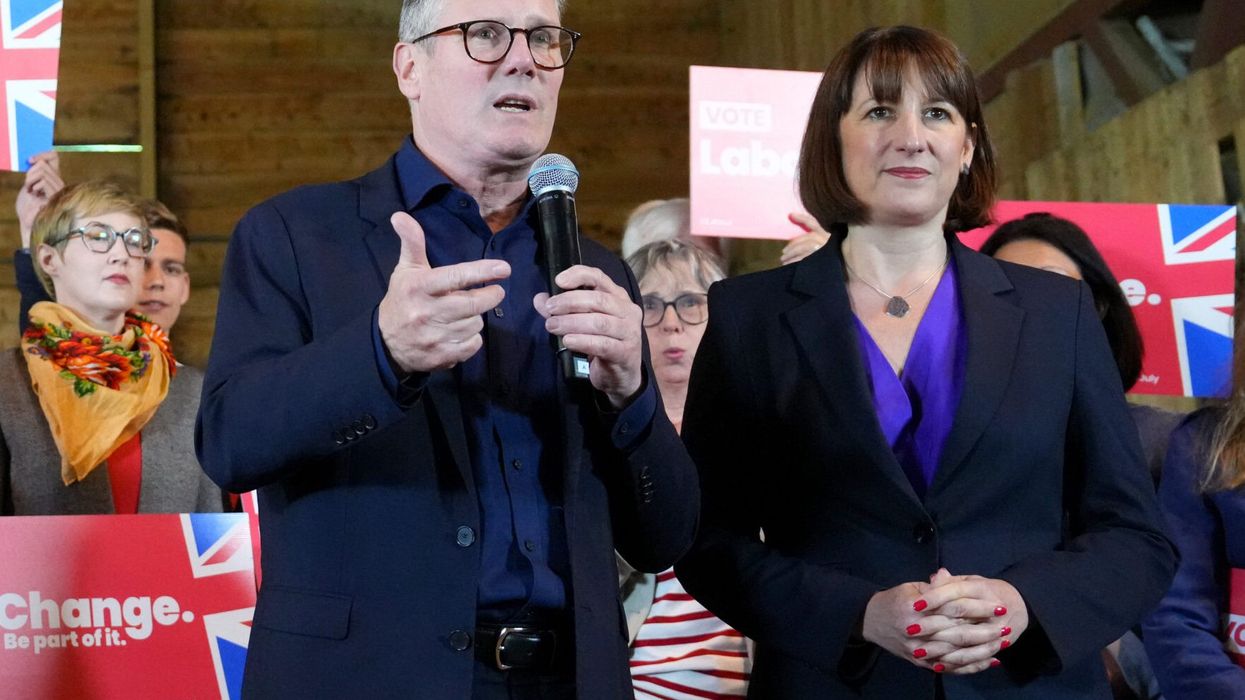THE GOVERNMENT is planning to raise taxes to address a £22 billion deficit in public finances, with Keir Starmer warning that the first budget under his administration on October 30 will be "painful."
Labour has assured that taxes on "working people," including VAT, income tax, and National Insurance, will not be increased, the BBC reported.
One approach the government might take is implementing a "stealth tax." This could involve extending the current freeze on income tax and National Insurance thresholds beyond 2028. This measure, introduced by the previous government, effectively increases taxes through "fiscal drag," where rising wages push more people into higher tax brackets.
According to the Resolution Foundation, this could generate about £40 billion by 2028, which might cover the deficit. The BBC reported that this option could avoid the need for other tax hikes.
Another possibility is increasing capital gains tax (CGT), which is charged on profits from selling assets like stocks or second homes. Currently, CGT rates are lower than income tax rates, which critics argue benefits wealthier individuals.
The BBC reported that Labour could level the playing field by raising CGT or reducing tax breaks for businesses. However, industry groups warn that such changes could harm entrepreneurs and small businesses.
The Federation of Small Businesses cautioned that higher CGT could deter investment in small businesses, impacting Labour's economic growth plans.
The government might also consider reducing pension tax relief by introducing a flat rate. This change could make the system less favourable for higher earners and, according to the Institute for Fiscal Studies (IFS), could raise significant revenue. However, it might also discourage retirement savings and be challenging to implement.
Finally, inheritance tax, currently set at 40 per cent, might be targeted. The government could raise the rate or limit relief on certain inherited assets, such as agricultural land and pension savings. While this could raise some revenue, Paul Johnson from the IFS suggested it might not be sufficient to address the entire budget shortfall.
The final tax decisions will be revealed in the upcoming budget on October 30.




